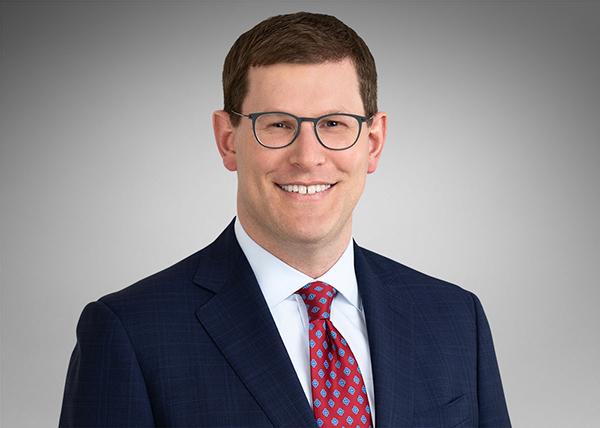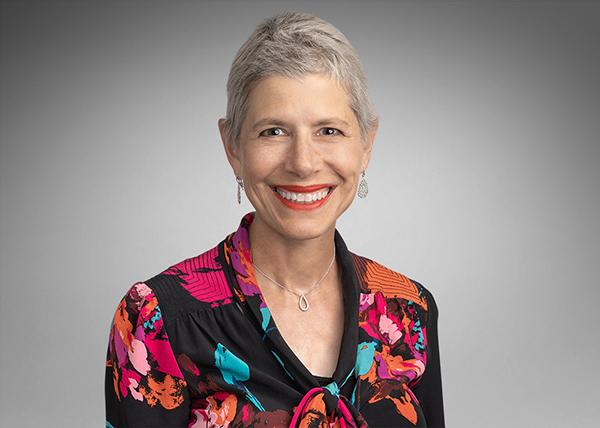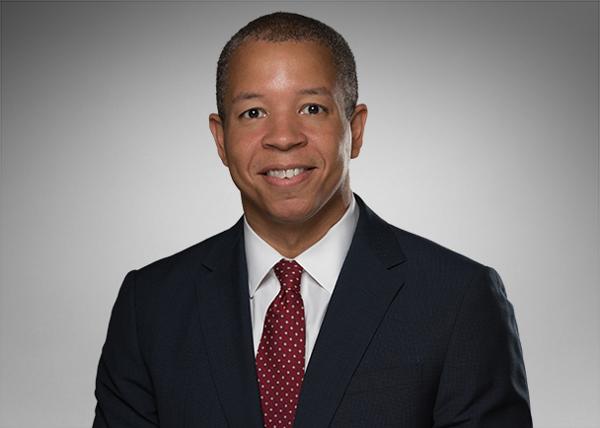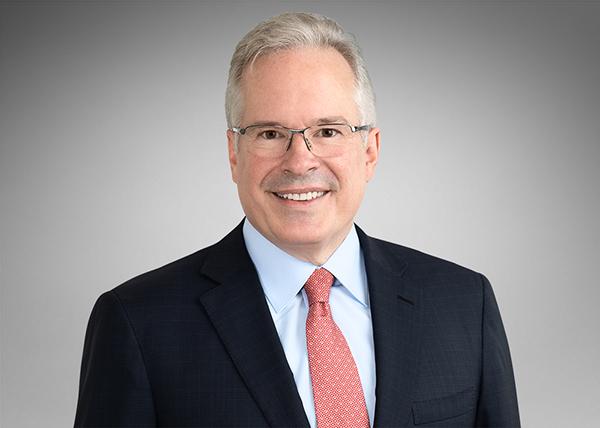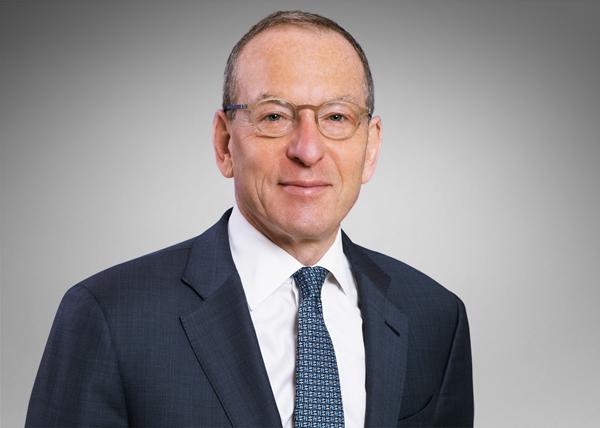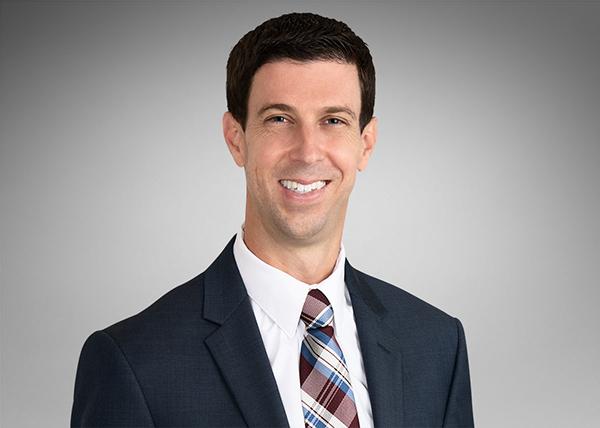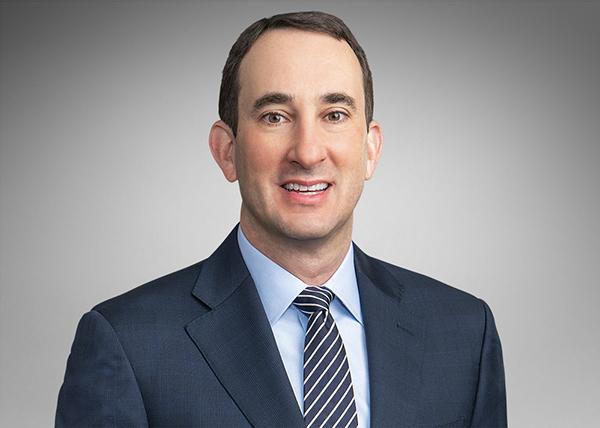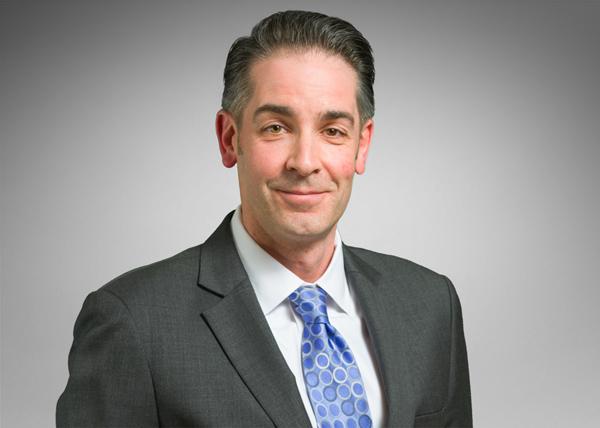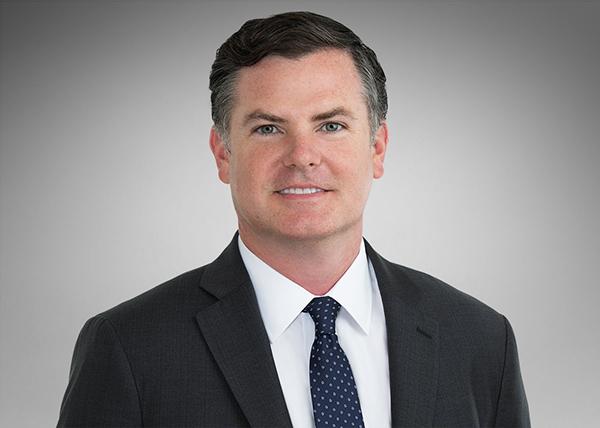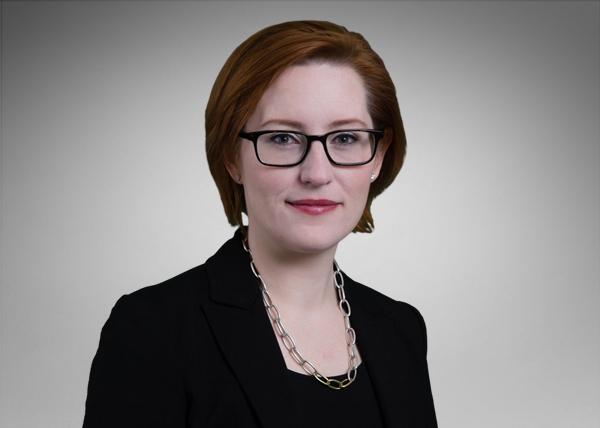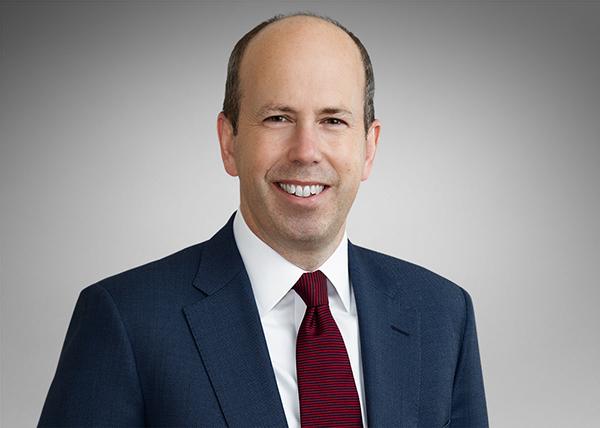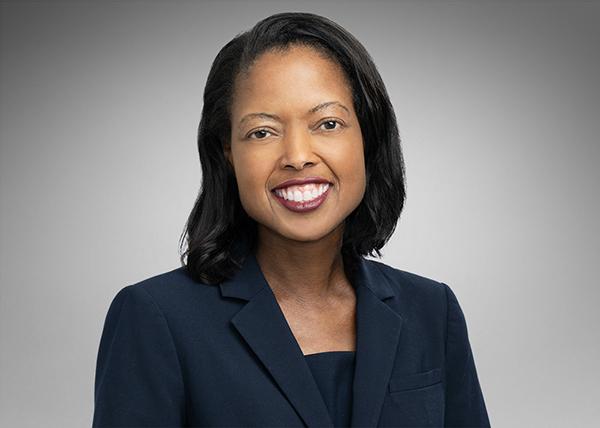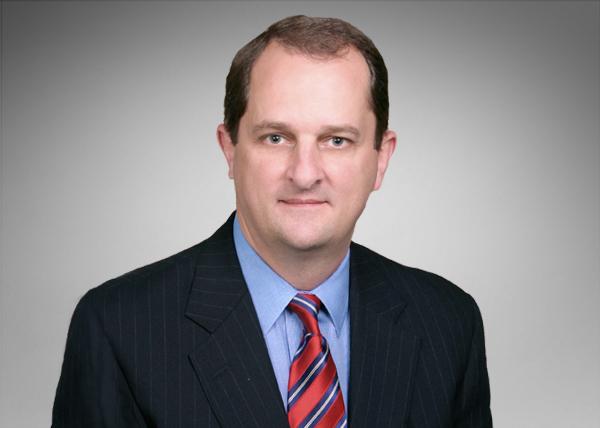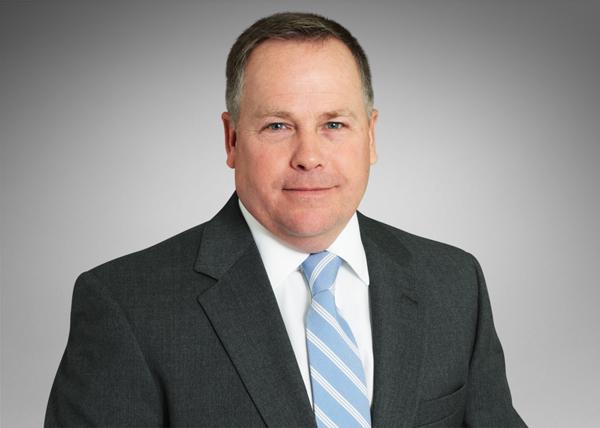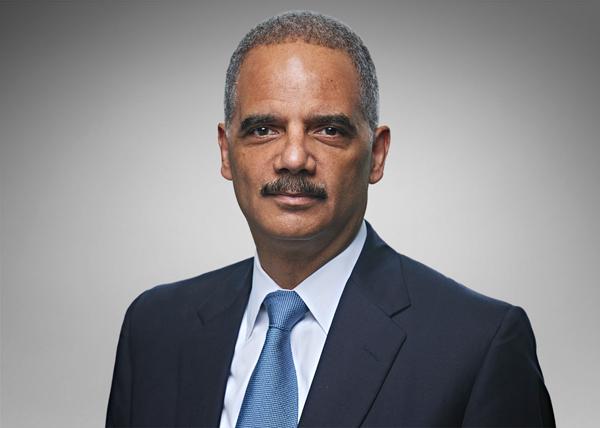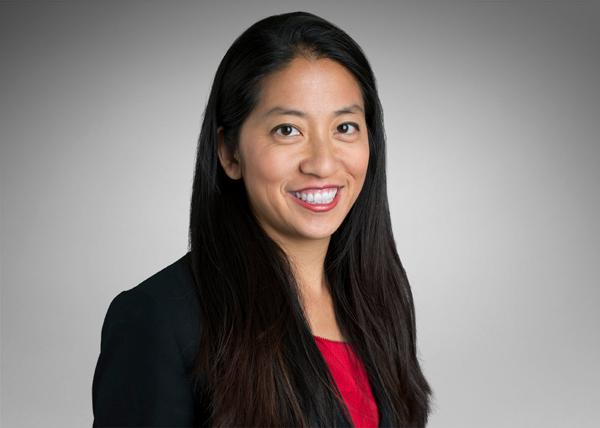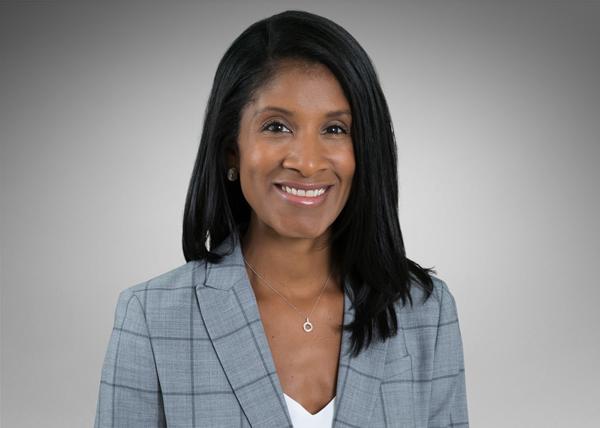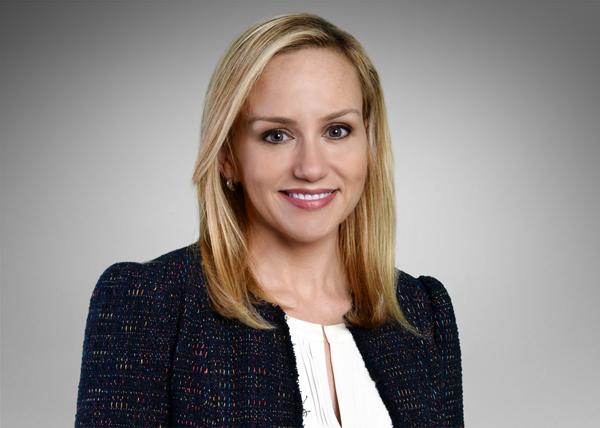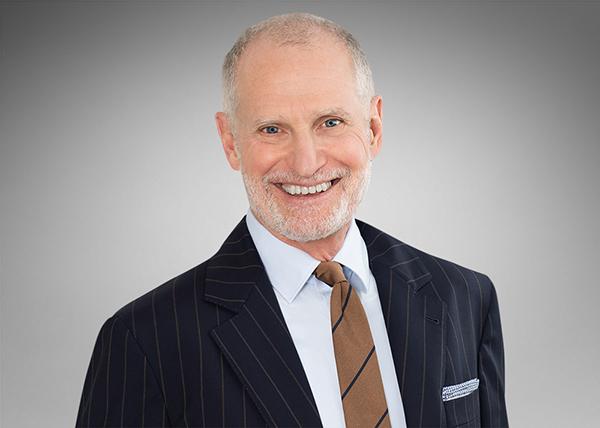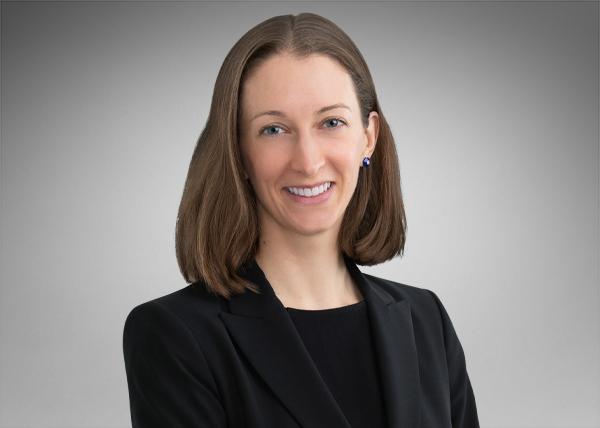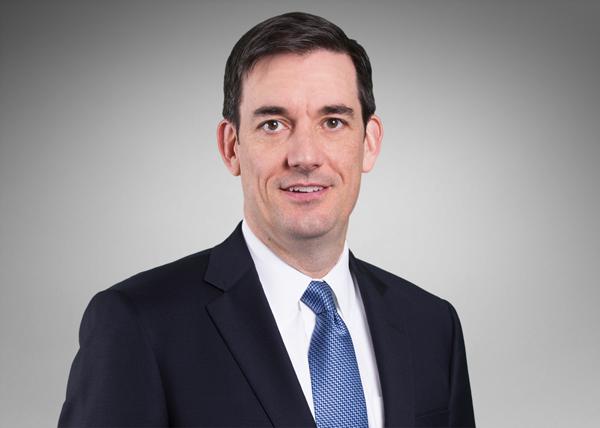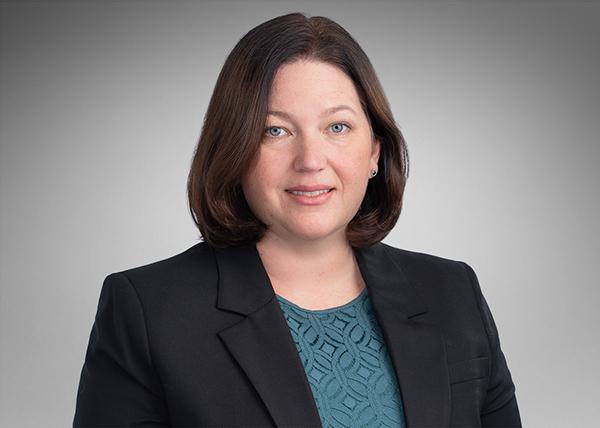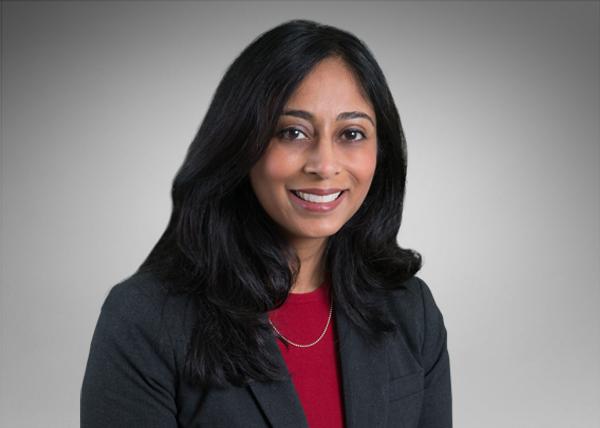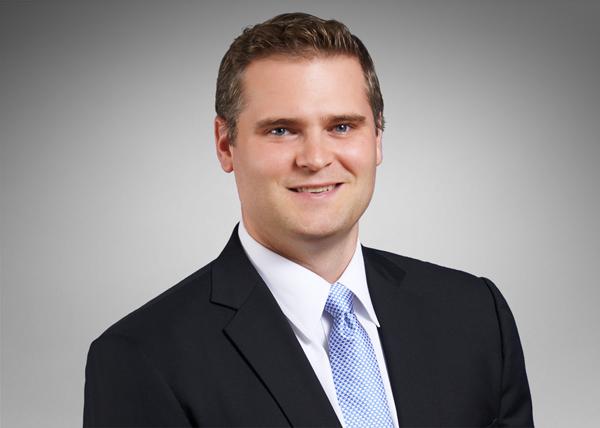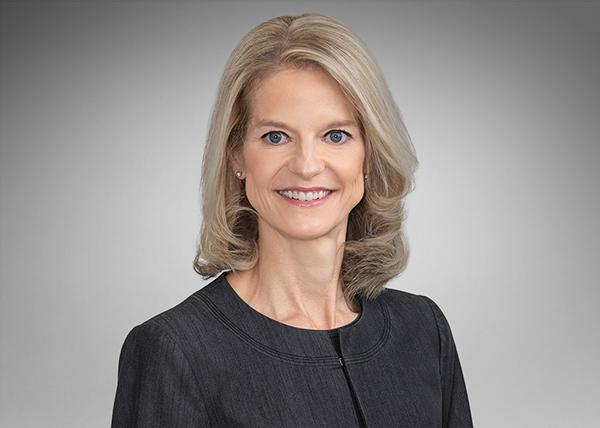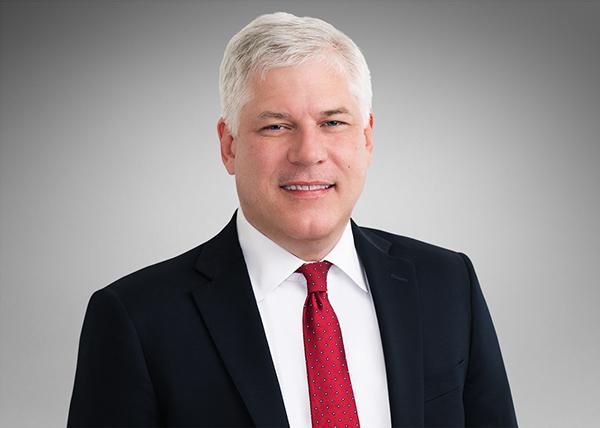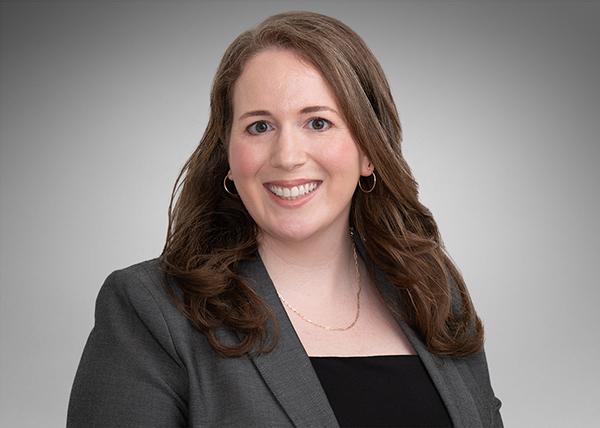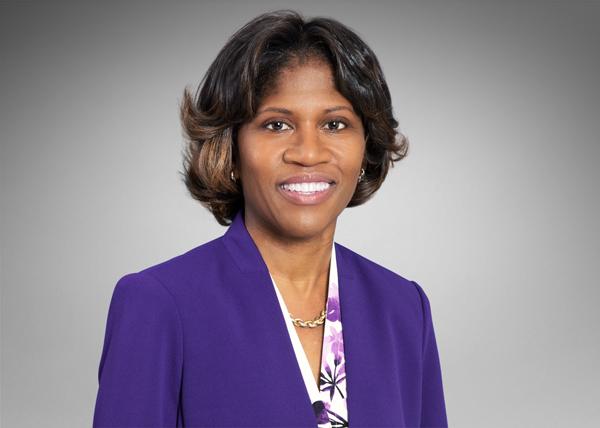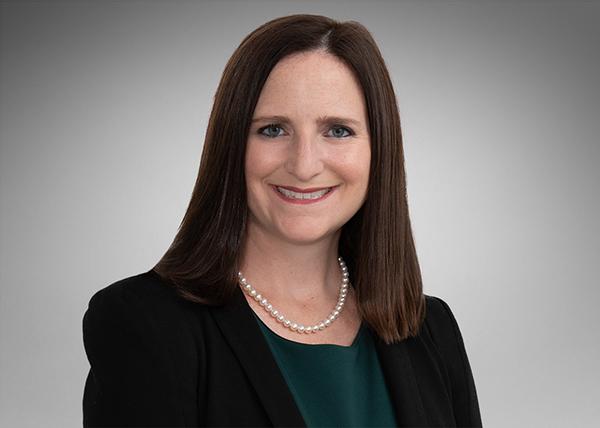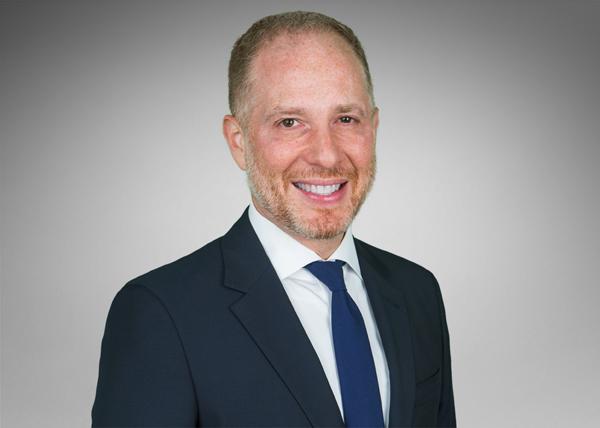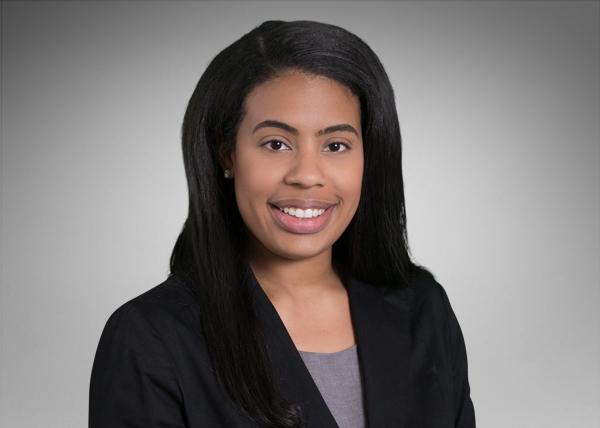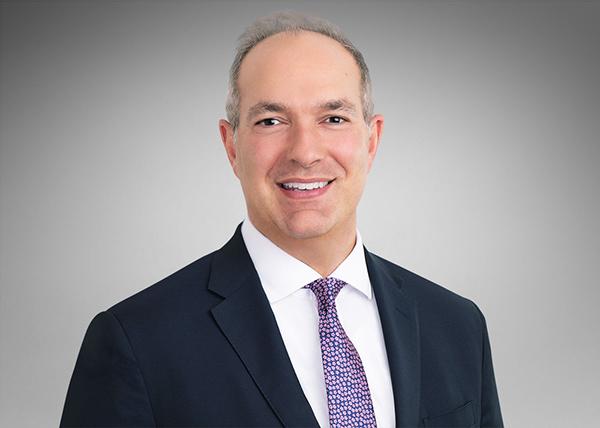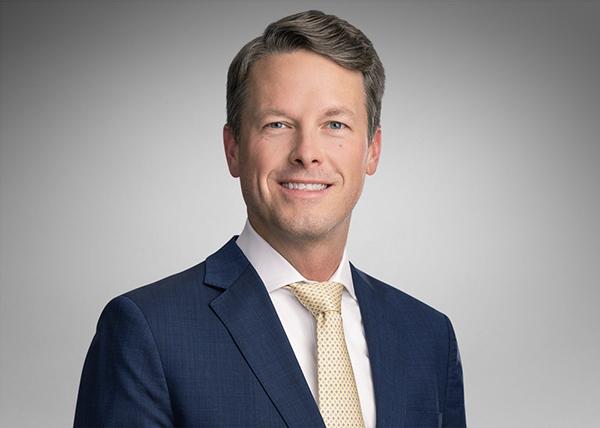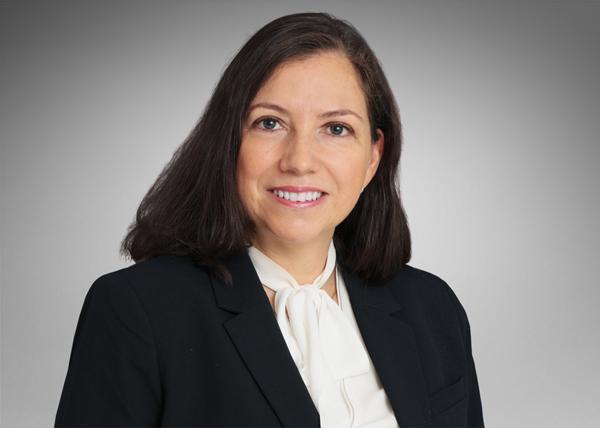What You Need to Know
- In September 2022, Deputy Attorney General Lisa Monaco directed “each Department of Justice component that prosecutes corporate crime to review its policies on corporate voluntary self-disclosure, and if the component lacks a formal, written policy to incentivize such self-disclosure, it must draft and publicly share such a policy.”
- Since that time, following the lead of two U.S. Attorneys’ Offices (“USAOs”) and DOJ’s Criminal Division, several additional USAOs have implemented voluntary self-disclosure pilot programs designed to incentivize individuals involved in criminal misconduct to voluntarily self-disclose both corporate and individual misconduct and cooperate with authorities in exchange for leniency (the “Individual VSD Pilot Programs”).[1]
- These Individual VSD Pilot Programs are distinct from the Criminal Division’s Whistleblower Awards Pilot Program (the “DOJ Whistleblower Program”) launched in August, which incentivizes individuals who did not “meaningfully participate[]” in criminal conduct to report corporate wrongdoing in exchange for financial rewards, as covered in a prior alert. By contrast, the Individual VSD Pilot Programs specifically target culpable individuals who may otherwise face prosecution for their involvement in certain corporate and non-corporate misconduct.
- The Individual VSD Pilot Programs are also distinct from corporate voluntary self-disclosure policies that incentivize companies to self-disclose criminal conduct. These corporate voluntary self-disclosure policies were the focus of Deputy Attorney General Monaco’s September 2022 mandate.
- Notable differences among the Individual VSD Pilot Programs could create traps for the unwary, raise questions about how the Individual VSD Pilot Programs will be interpreted and administered, and frustrate Deputy Attorney General Monaco’s stated goal of achieving consistency across the Department.
- The Individual VSD Pilot Programs vest considerable discretion in the issuing DOJ component to determine whether a reporting individual meets relevant requirements, potentially leaving individuals vulnerable to being denied program benefits.
- The Individual VSD Pilot Programs continue to incentivize individuals more broadly to self-report misconduct, including corporate misconduct, which may complicate companies’ own risk calculus decisions around whether and when to voluntarily disclose corporate misconduct.
- As incentives for individuals to report misconduct to the Department proliferate, companies should continue to invest in compliance programs and strengthen internal mechanisms for escalating and responding to potential misconduct.
Key Eligibility Criteria
Although each Individual VSD Pilot Program has its own specific eligibility criteria, individuals generally may qualify for a non-prosecution agreement (“NPA”) or other lenient treatment if they meet the following conditions:
- The individual discloses non-public information not previously known to the Department (in some cases, the information must also be unknown to any other federal agency);
- The disclosure is voluntary and not in response to any government inquiry, obligation to report, or imminent threat of disclosure or government investigation;
- The individual provides substantial assistance and fully cooperates with the investigation and prosecution of equally or more culpable persons;
- The individual truthfully and completely discloses all criminal conduct in which the individual has participated or of which the individual is aware; and
- The individual agrees to forfeit any criminal proceeds, and, in some cases, make restitution to victims.
Certain individuals are generally excluded from eligibility under the Individual VSD Pilot Programs,[2] although some may still obtain NPAs or other leniency at the discretion of the relevant component.
A detailed chart comparing various key eligibility factors and benefits across the Individual VSD Pilot Programs is available here.
Substantive Legal Areas Covered
The USAOs’ Individual VSD Pilot Programs generally focus on corporate fraud or control failures, corporate misconduct affecting market integrity, and misconduct by companies or individuals involving bribery of state or local government officials and fraud relating to government funds. DNJ’s and NDIL’s programs appear to be potentially even broader, covering all criminal conduct or all “organizational misconduct,” respectively. The Individual VSD Pilot Programs generally carve out criminal misconduct over which other Department components have primary enforcement authority, such as violations of the FCPA, bribery of federal officials, and violations of campaign finance, tax, and environmental laws. EDNY and NDCA expressly note that their Individual VSD Pilot Programs may not be applicable to “individuals who provide information regarding violations subject to approval requirements by other DOJ components under [applicable] rules, regulations, or procedures.” (In other words, EDNY and NDCA are suggesting that their Individual VSD Pilot Programs cannot bind other DOJ components with approval authority over the disposition of the underlying conduct.)
The Criminal Division’s Individual VSD Pilot Program, which we discussed in a prior alert, covers a broad scope of potential violations by companies, including corporate misconduct related to financial institutions, financial markets, foreign corruption and bribery, healthcare fraud and kickbacks, federal contracting fraud, and domestic bribery. Notably, the Criminal Division’s Individual VSD Pilot Program covers potential misconduct “by, through, or related to corporations.”
Challenges and Considerations
While these Individual VSD Pilot Programs present new opportunities for individuals to avoid prosecution or obtain other lenient treatment, they also raise several complex issues. Key challenges and considerations include:
- Potential Inconsistencies Across DOJ Components: Each component retains considerable discretion over how to apply its Individual VSD Pilot Program, and differences in eligibility criteria, scope of covered conduct, and cooperation requirements may lead to inconsistencies in how they are administered, and precisely which benefits may be obtained by similarly situated individuals. For example, while NDIL’s Individual VSD Pilot Program covers a wide swath of criminal conduct, it is the only Individual VSD Pilot Program that is completely discretionary, meaning that a disclosing individual who satisfies all eligibility requirements could still theoretically be prosecuted. Likewise, CDCA’s Individual VSD Pilot Program does not guarantee an NPA to the reporting individual. Instead, CDCA’s policy states that disclosing individuals who satisfy the eligibility requirements may receive an NPA or a deferred prosecution agreement (“DPA”). CDCA has not clarified when a disclosing individual will receive one outcome as opposed to the other, or what factors the office may consider in determining which type of disposition is appropriate. These variations could lead individuals to favor certain jurisdictions when deciding where to make a voluntary self-disclosure, potentially leading to “forum shopping.” This risk is particularly pronounced given that SDFL, SDNY, and USAO-DC have stated in FAQ documents that their offices may be able to prosecute conduct occurring outside of their districts.
- Corporate Impact: For corporations, the Individual VSD Pilot Programs, like the DOJ Whistleblower Program, heighten the prospect that misconduct may be disclosed to DOJ components by individuals, increasing the risk that the government comes calling or that a disclosing individual potentially front-runs a company’s voluntary self-disclosure, which we discussed in a prior alert. With many corporate voluntary self-disclosure policies requiring that a disclosure occur “prior to an imminent threat of disclosure or government investigation” or “prior to the misconduct being publicly disclosed or otherwise known to the government” in order to qualify as a voluntary self-disclosure, companies that self-disclose after an individual has already gone to DOJ may lose out on the full benefits of these policies. Partly in recognition of this heightened risk and to avoid undermining corporate compliance programs, the Criminal Division adopted a Temporary Amendment to its Corporate Enforcement Policy to create a 120-day safe harbor for companies that voluntarily self-disclose to the Criminal Division, even if a whistleblower already reported the relevant information under the DOJ Whistleblower Program. Under the Temporary Amendment, companies that voluntarily self-disclose within 120 days after the whistleblower reported the conduct internally may still obtain voluntary disclosure credit. However, thus far, no similar accommodations have been made with respect to the Individual VSD Pilot Programs to allow companies to share the benefits of voluntary self-disclosure with disclosing individuals.
Looking Ahead
The long-term success and impact of these Individual VSD Pilot Programs remain to be seen. But the Criminal Division recently reported what it characterized as a substantial uptick in tips since the DOJ Whistleblower Program was announced in August, and the Individual VSD Pilot Programs may well reap similar rewards for DOJ. As these Individual VSD Pilot Programs unfold, companies should continue to invest in their compliance programs, strengthen mechanisms for detecting and responding to potential misconduct promptly, and ensure that these systems are accessible to employees.
If you have any questions concerning the material discussed in this client alert, please contact members of our White Collar Defense and Investigations practice.
[1] The USAO for the Southern District of New York (“SDNY”), the first to announce an Individual VSD Pilot Program, launched its initiative in January 2024. The USAO for the Northern District of California (“NDCA”) followed with its Individual VSD Pilot Program in March 2024. In April 2024, the Criminal Division launched a similar Individual VSD Pilot Program, as discussed in a prior alert. Most recently, in August and September, eight additional USAOs launched their own Individual VSD Pilot Programs: the Central District of California (“CDCA”); the District of New Jersey (“DNJ”); the Southern District of Florida (“SDFL”); the Eastern District of Virginia (“EDVA”); the District of Columbia (“USAO-DC”); the Northern District of Illinois (“NDIL”); the Southern District of Texas (“SDTX”); and the Eastern District of New York (“EDNY”).
[2] These include: government officials and law enforcement agents; CEOs, CFOs, or individuals in equivalent leadership roles; individuals who “originated” or played a leading role in the criminal conduct; individuals involved in violent crimes, sex offenses involving fraud or minors, force, coercion, or terrorism-related offenses; and individuals with prior felony convictions or convictions involving fraud or dishonesty.
Back
Back




